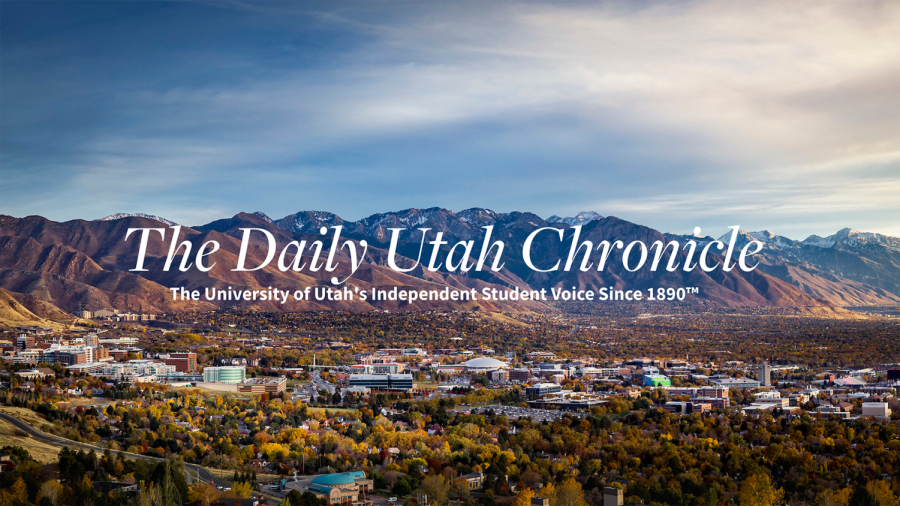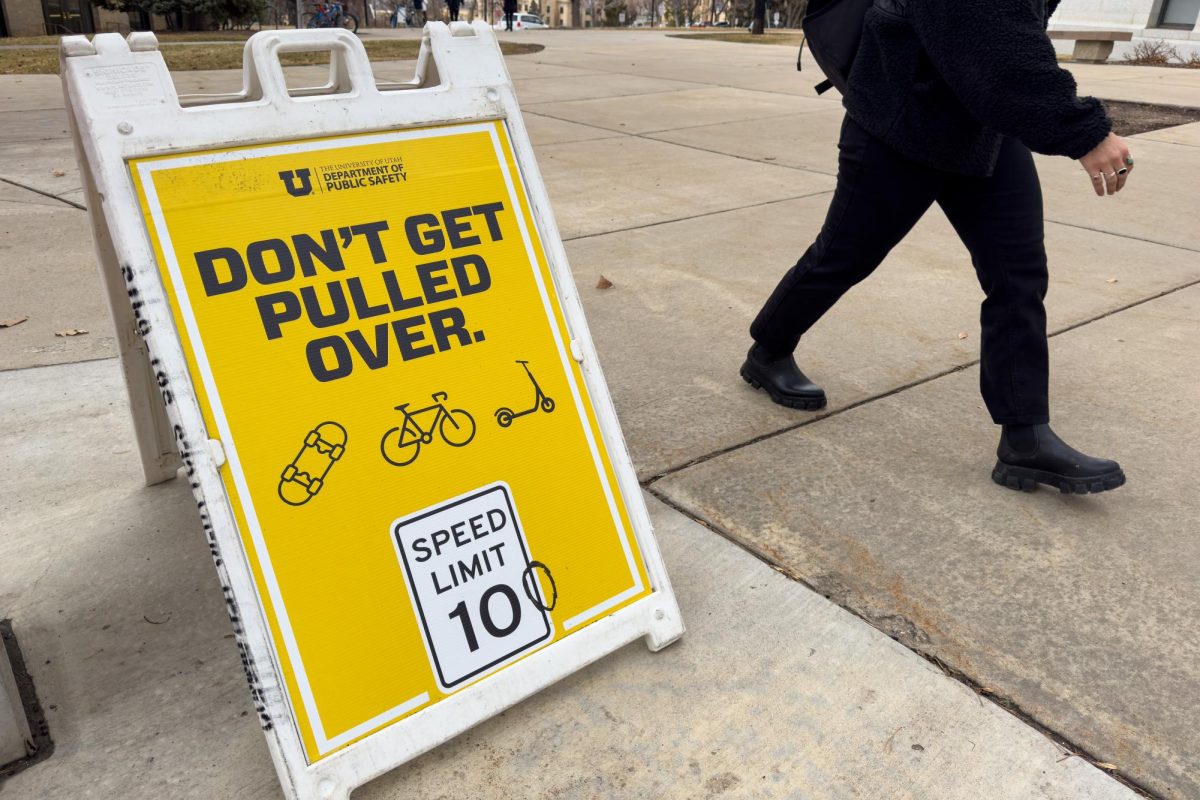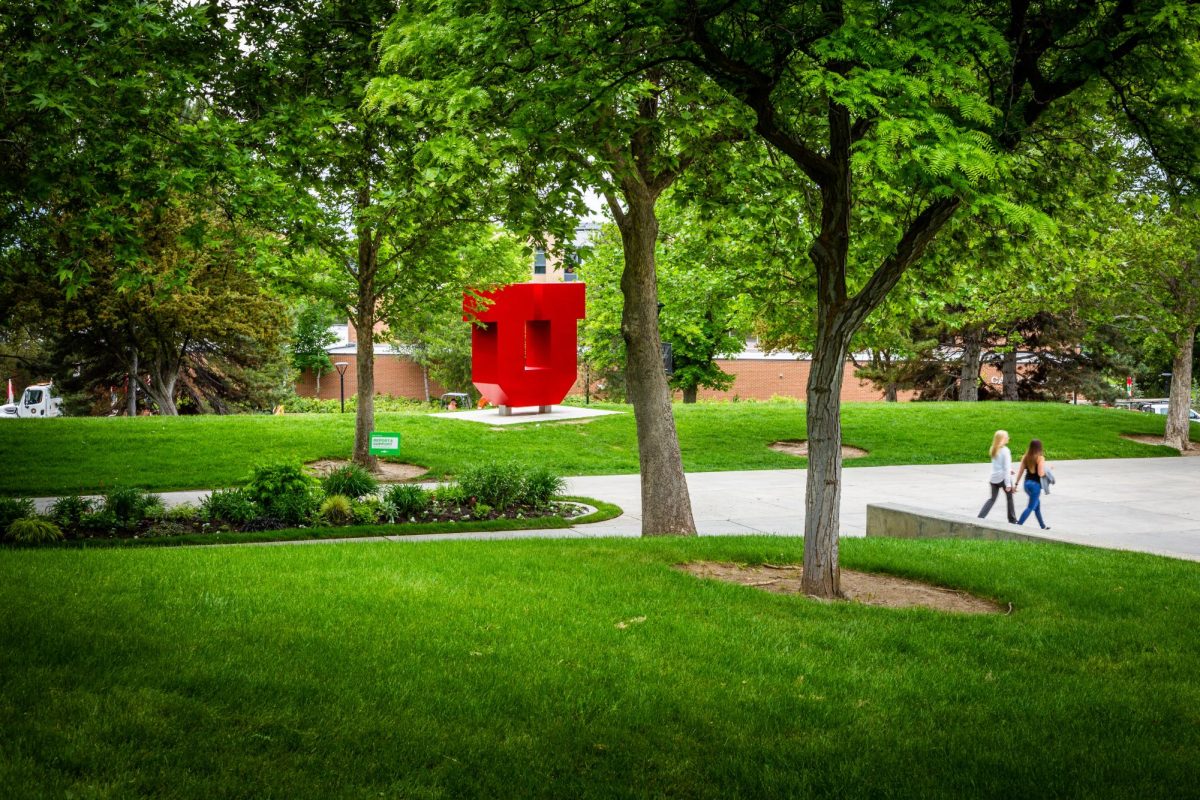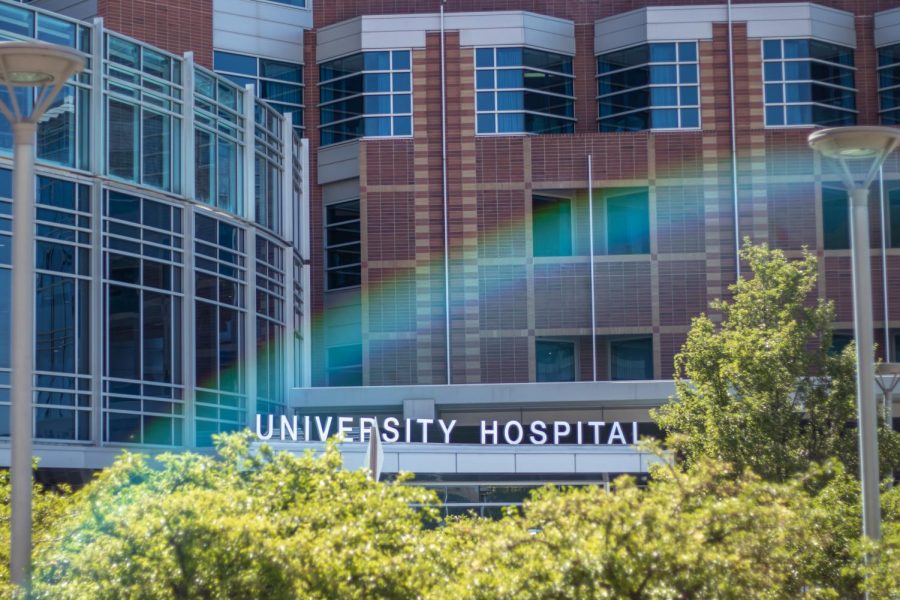The Recreation and Parks Society aims to connect Parks, Recreation and Tourism undergraduates with each other and with professional opportunities. Many students choose PRT due to their connection to the outdoors, where they find peace and purpose.
Personally, I want to help others find a similar clarity and passion that I found in the wild. The most established path is pursuing a career in wilderness therapy, an industry that seeks to rehabilitate a primarily teenage population through nomadic and primitive lifestyles outside. While this form of intensive therapy has been around for decades, it is going through a major transitional phase.
Abuse allegations and a nationwide movement against the “Troubled Teen Industry” have sought justice against corrupt and dangerous programs. Having survived this industry myself, I am familiar with the validity and complexity of this movement. Nature- and adventure-based therapy saved my life, but not without leaving a few figurative scars.
While the wilderness therapy model is flawed, it has the potential to help many struggling teens with widespread and intentional reformation.
To try and gain a more thorough understanding of perspectives surrounding wilderness therapy, I interviewed Margaret Anderson, a former wilderness client, and Dave Mosse, a wilderness veteran and advocate.
Margaret spent her teenage years cycling in and out of treatment centers all around the country. She turned fifteen at Aspiro Adventure, a now-closed adventure-based wilderness program, living a nomadic lifestyle throughout Utah. Her memory of this time is hazy, which she credits to the extreme cold temperatures, but she recalls many excursions to go backpacking, day hiking and rock climbing. The staff were laid back and personable, which fostered trusting and genuine relationships between clients and staff.
However, the bitter cold clouds her time at Aspiro. She remembers waking up throughout the winter, her sleeping bag frozen over, unable to move. The program would have the group stay in the field, even when the temperature reached -15°F. When Margaret heard about Aspiro’s closure, she felt somewhat relieved, since keeping teenagers outside in extreme temperatures did not strike her as therapeutic.
Though the cold and involuntary nature of the program tainted her experiences, she also shares that Aspiro showed her “what real friendship was.” Sharing such an intense and unique time with others creates an unbreakable bond, one that is non-judgemental and unconditional.
Margaret eventually ended up at Discovery Ranch South, a residential treatment center in Cedar City. There, she joined the Advanced Recreation program, founded and directed by Dave Mosse. With over 10 years of wilderness experience, Dave aims to foster appreciation and passion in his clients. Every week, he leads groups hiking, canyoneering, climbing and skiing with an emphasis in collaboration, intention and choice.
Margaret and I connected in the Advanced Recreation program, bonding over surviving wilderness and the conflicting layers to our time there. We felt grateful but confused, stronger but wounded. Our time in the Advanced Rec program eased that confusion and mended some of our wounds. Dave’s curriculum demonstrated the full potential of outdoor-based therapy.
However, wilderness program structures need updating. Many programs are closing due to funding and controversy, yet there are people involved that are working endlessly to reform wilderness therapy to be more nurturing. As a wilderness therapy survivor, I am well acquainted with the lasting negative consequences of outdated programs. Margaret and I share similar experiences post-treatment: we spend too much time worrying about our mental health and feel like we are always watched and analyzed. As Margaret put it, it’s “hard to just be happy in my own brain.”
But I also walked away from wilderness therapy having connected with wonderful people, both staff and clients. I found mentors, like Dave, that have stayed in my life to this day. One of my best friends I met in the West Desert, when we were covered in dust and dressed in military clothes, but now we call each other weekly, and ironically are both pursuing careers in the treatment world.
Though I look back at wilderness with some pain, I feel grateful for the people who are working to make these programs a better place, a place where teenagers can find a sense of passion in their lives again. I hope to one day join their ranks.
Therapeutic programs based in the outdoors are at risk of becoming completely abolished. Many people, myself included, have benefited from these programs. Rather than creating laws to destroy these models of treatment, we need to reform and recreate the system to be safer. Methods of this improvement include extensive staff training, implementing trauma-based approaches and creating more choice within programs.
Getting involved can look like contacting representatives about the need for reform, not abolishment. The Outdoor Behavioral Healthcare Council provides resources for those interested in employment.
Wilderness therapy must be preserved and reformed. Don’t be a bystander.
— Tibby Pepper, Outreach Coordinator of Recreation and Parks Society
The Daily Utah Chronicle publishes guest op-eds written by faculty, elected officials and other members of the public on topics relevant to students at the University of Utah. The Chronicle welcomes guest op-ed pitches here.












Sasha Mader • Feb 8, 2024 at 2:33 pm
Well said, Tibby! I hope that folks like you continue to advocate for the reform of these impactful programs.